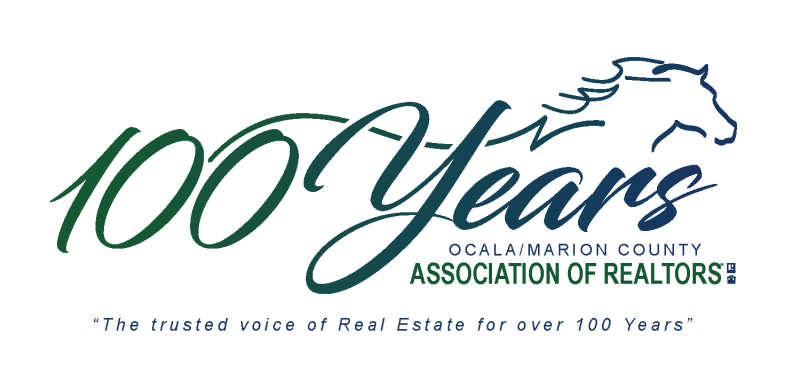3105 NE 14th Street,
Ocala Florida 34470
P: 352-629-2415 | F: 352-629-5490
P: 352-629-2415 | F: 352-629-5490
- About
- Join
- Members Resources
- Consumers Resources
- Why Use a Realtor®?
- Voter Registration
- Realtor.com
- House Logic
- Digital Millennium Copyright Act Notice
- Ocala/Marion County Community
- Home Ownership Matters
- The Basics of Making an Offer on a House
- Competition in Real Estate
- Housing Statistics
- Growth Services & Flood Zone Information
- Septic System Requirements
- Events
- Advocacy
- Blog
